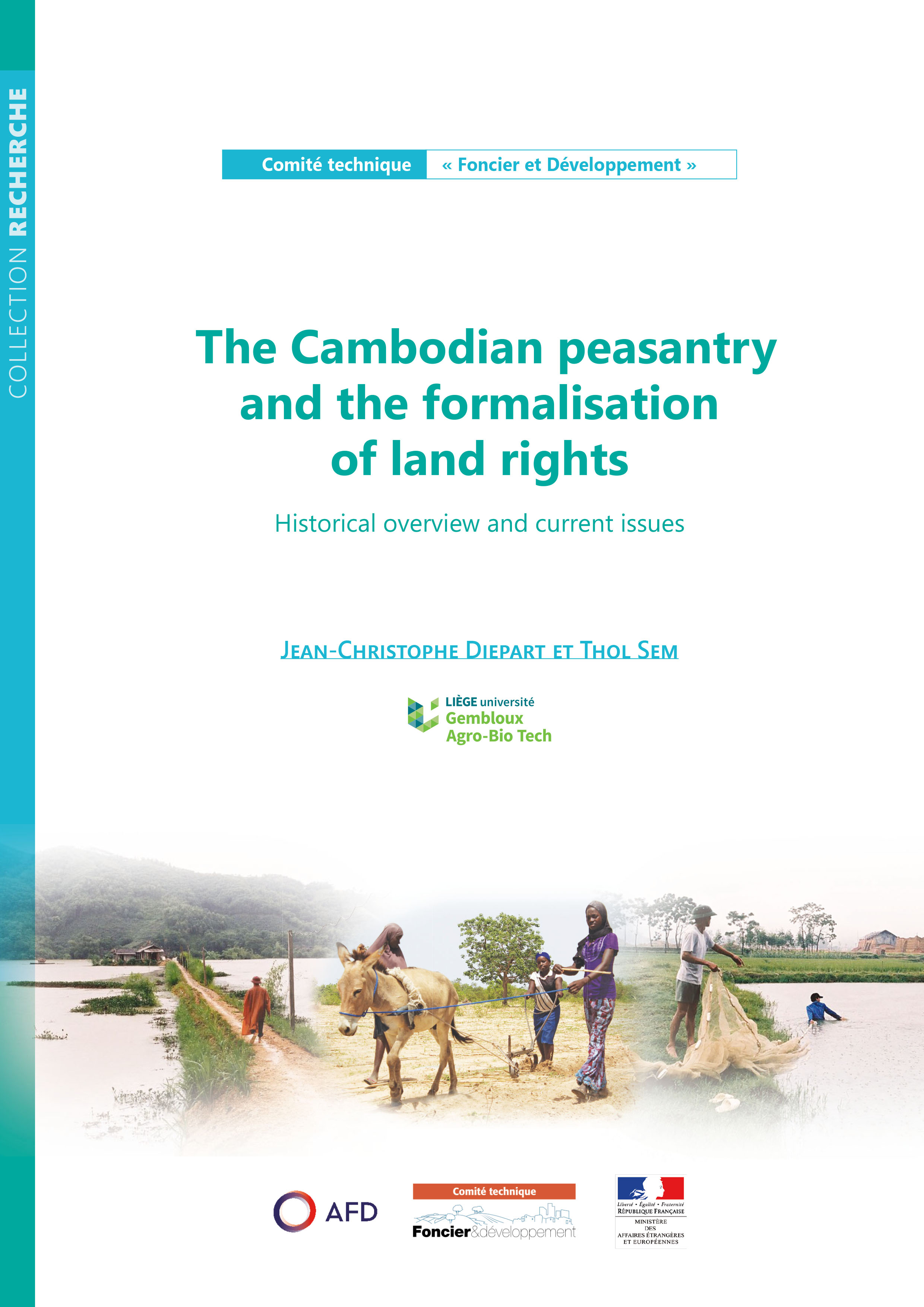Gender Strategy in Agriculture and Rural Development to the Year 2010
The renovation process in Vietnam in the past decade has enabled significant economic growth as well as and greater rights and more important economic roles of farming households. However, much of this reform has focussed on men as head of households, meaning men have benefited more from economic reform, both economically and in terms of their power within the household. Inequalities continue in access to and control of key resources such as land, water, credit and rest time, as well as in access to public services.





